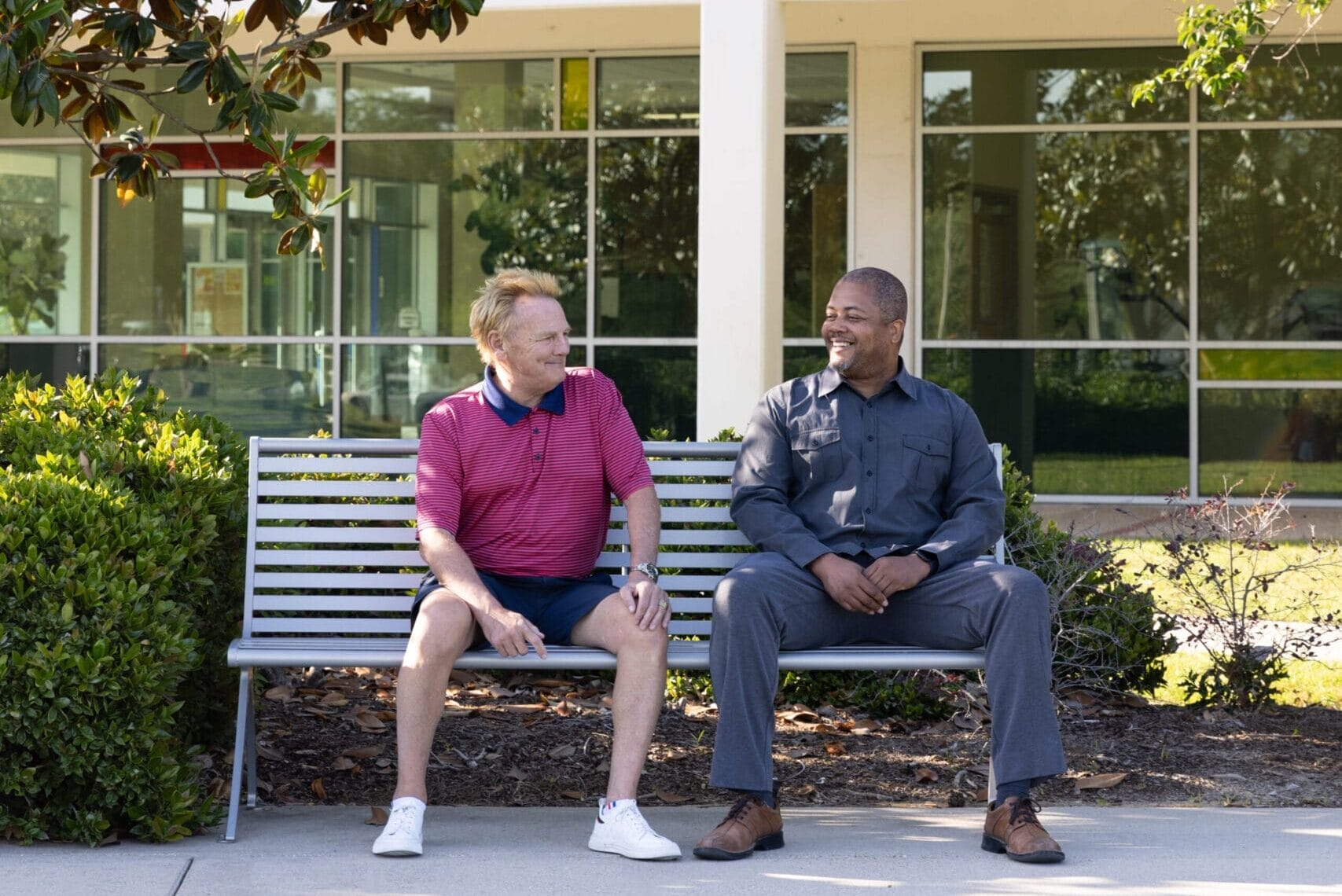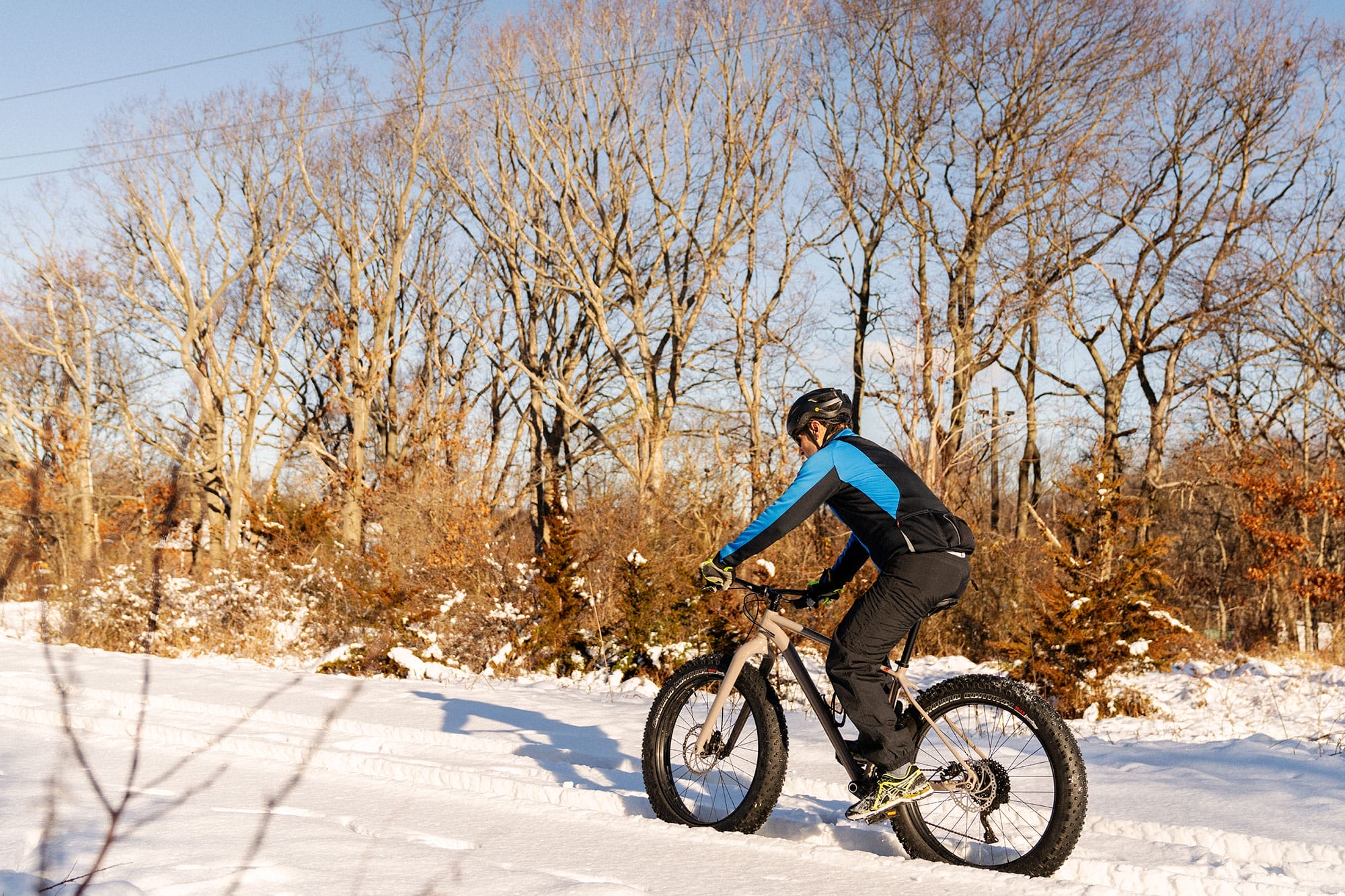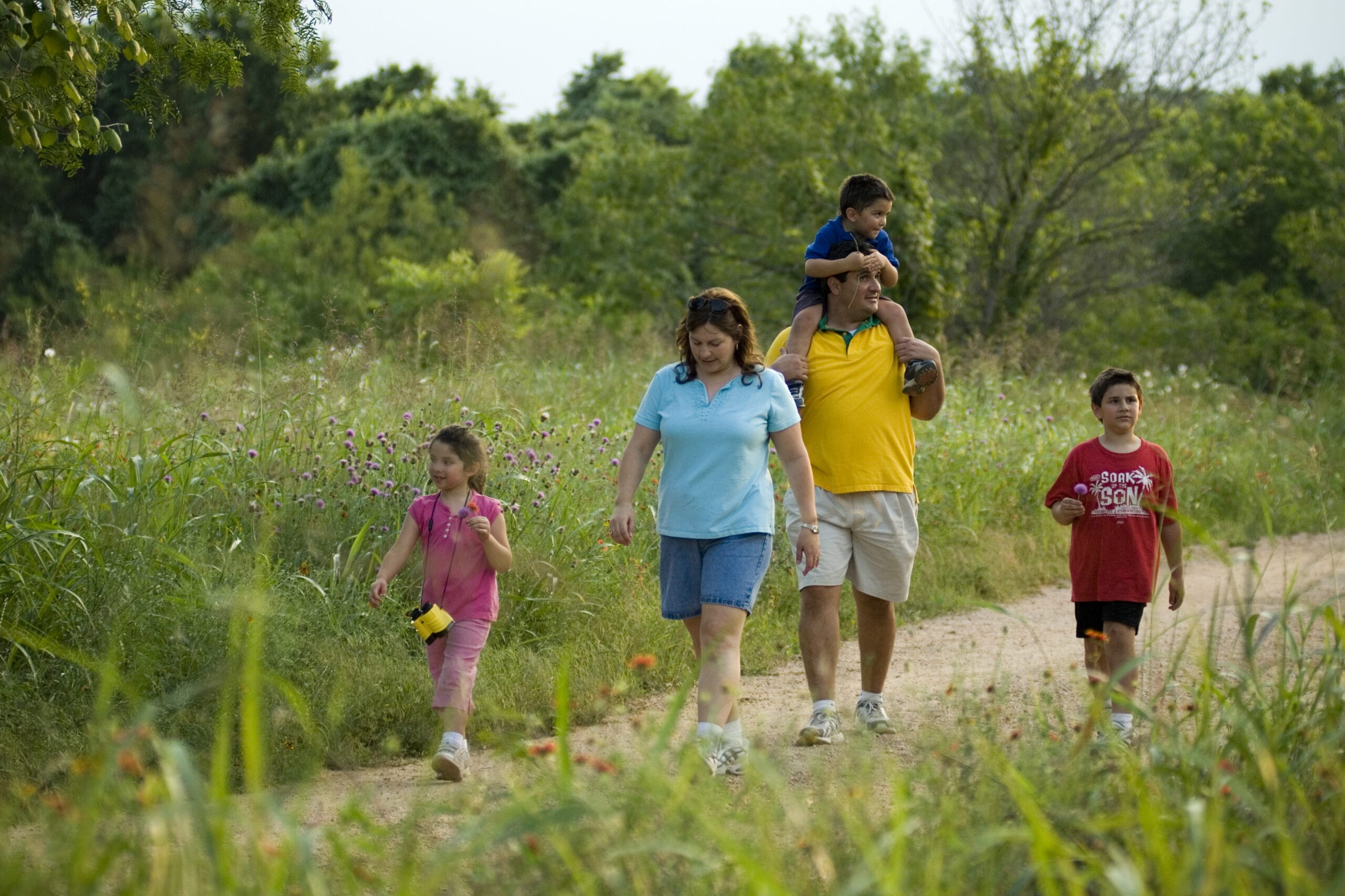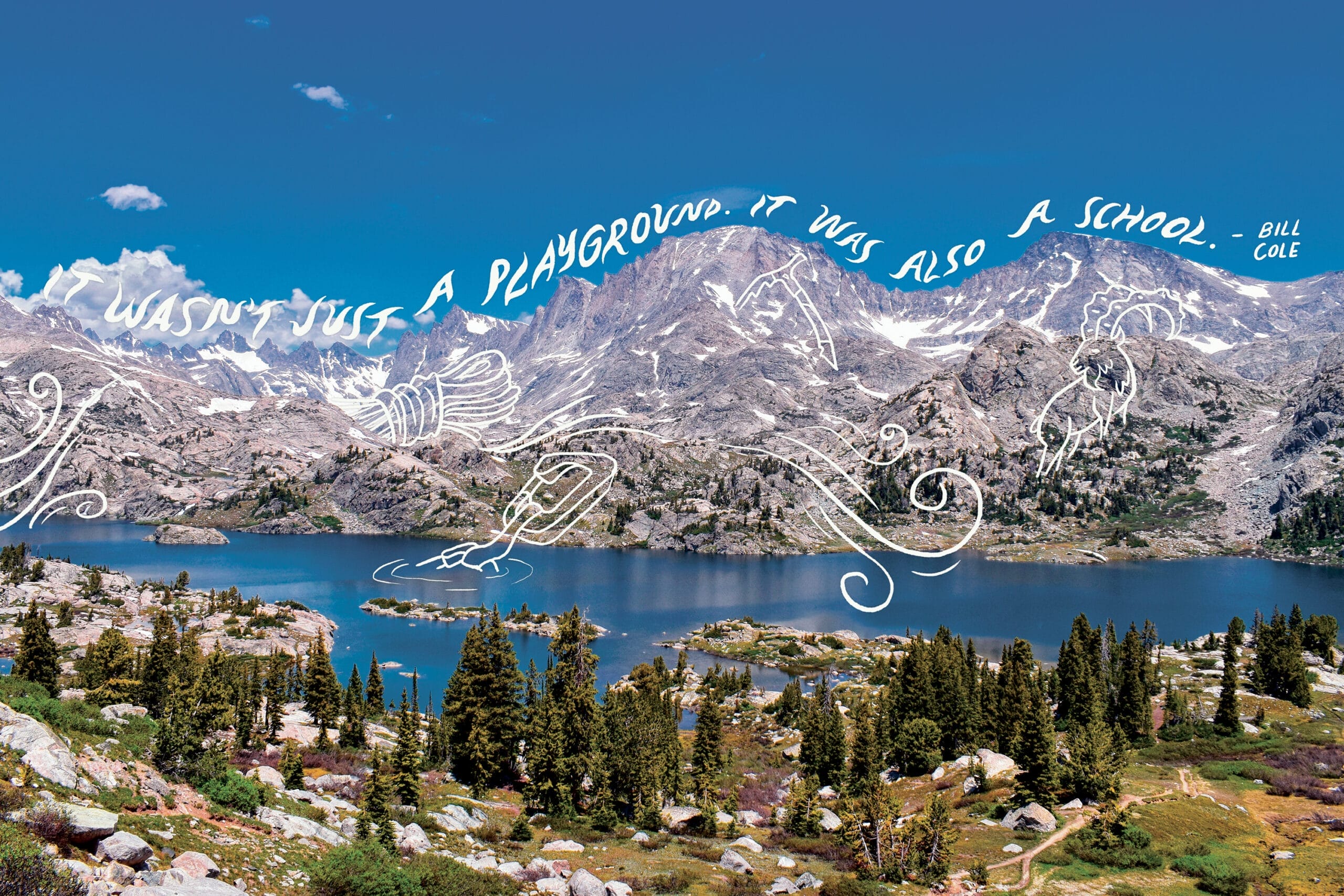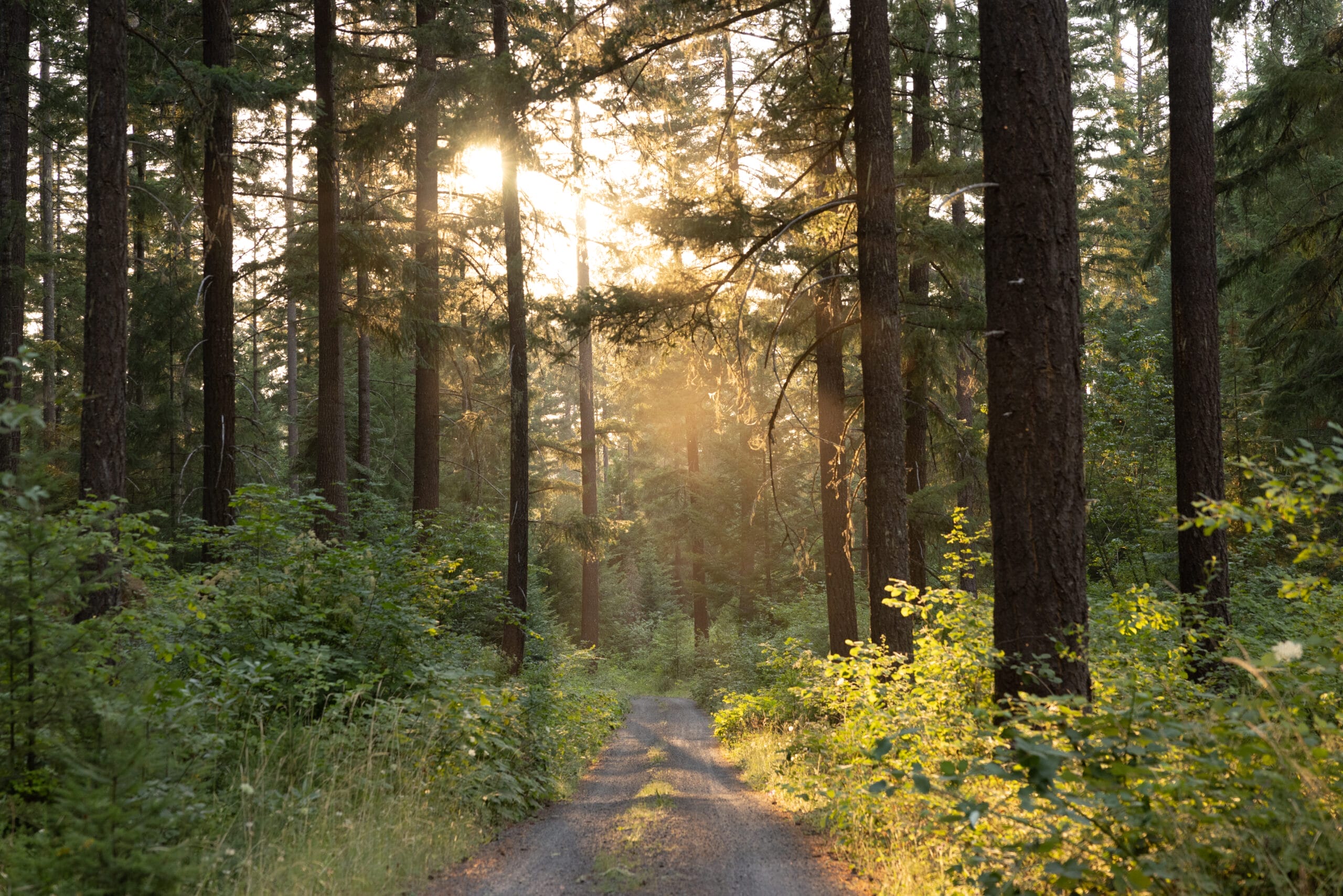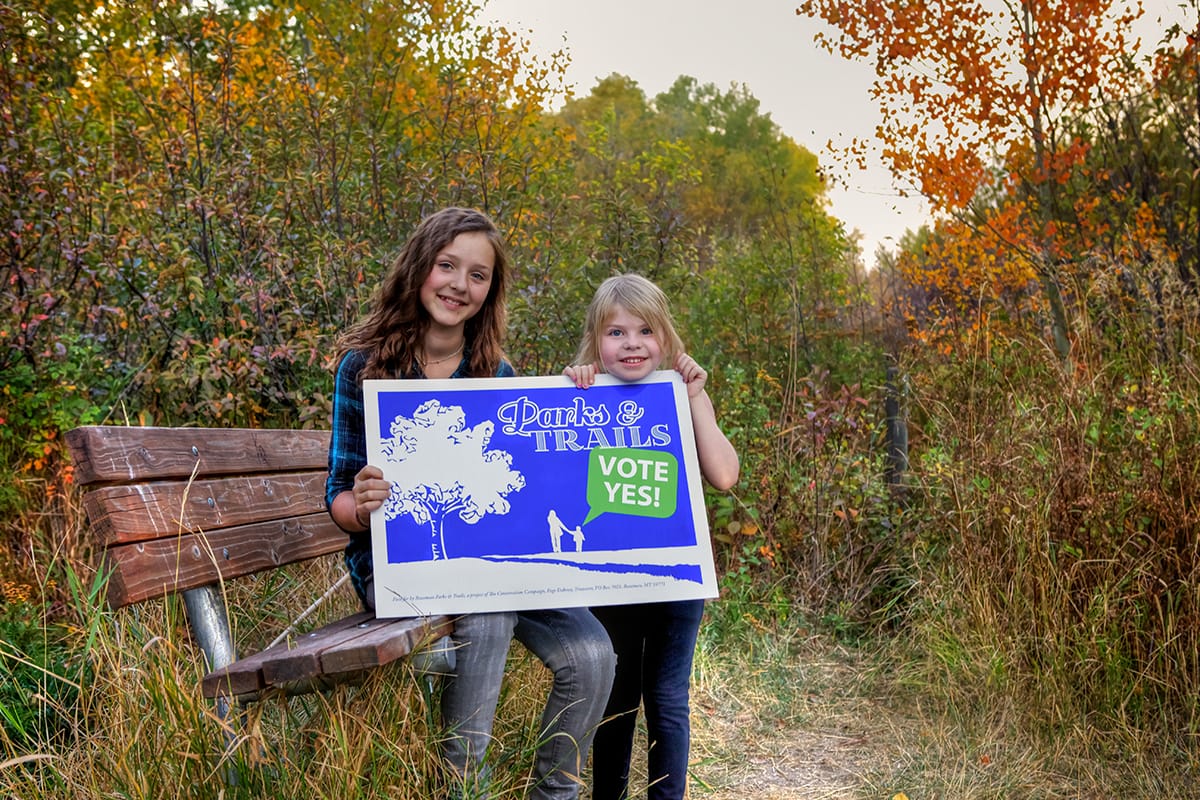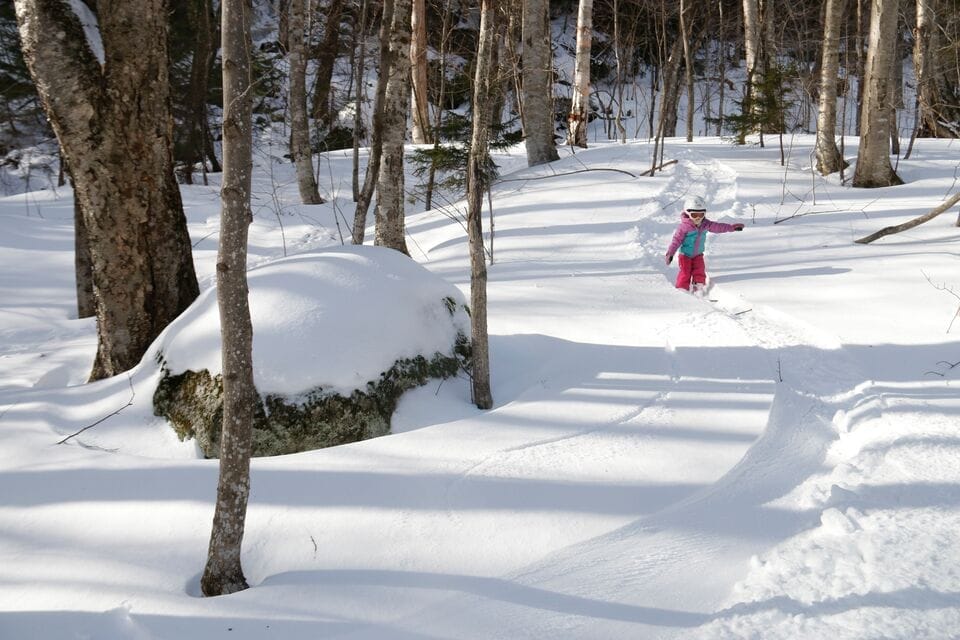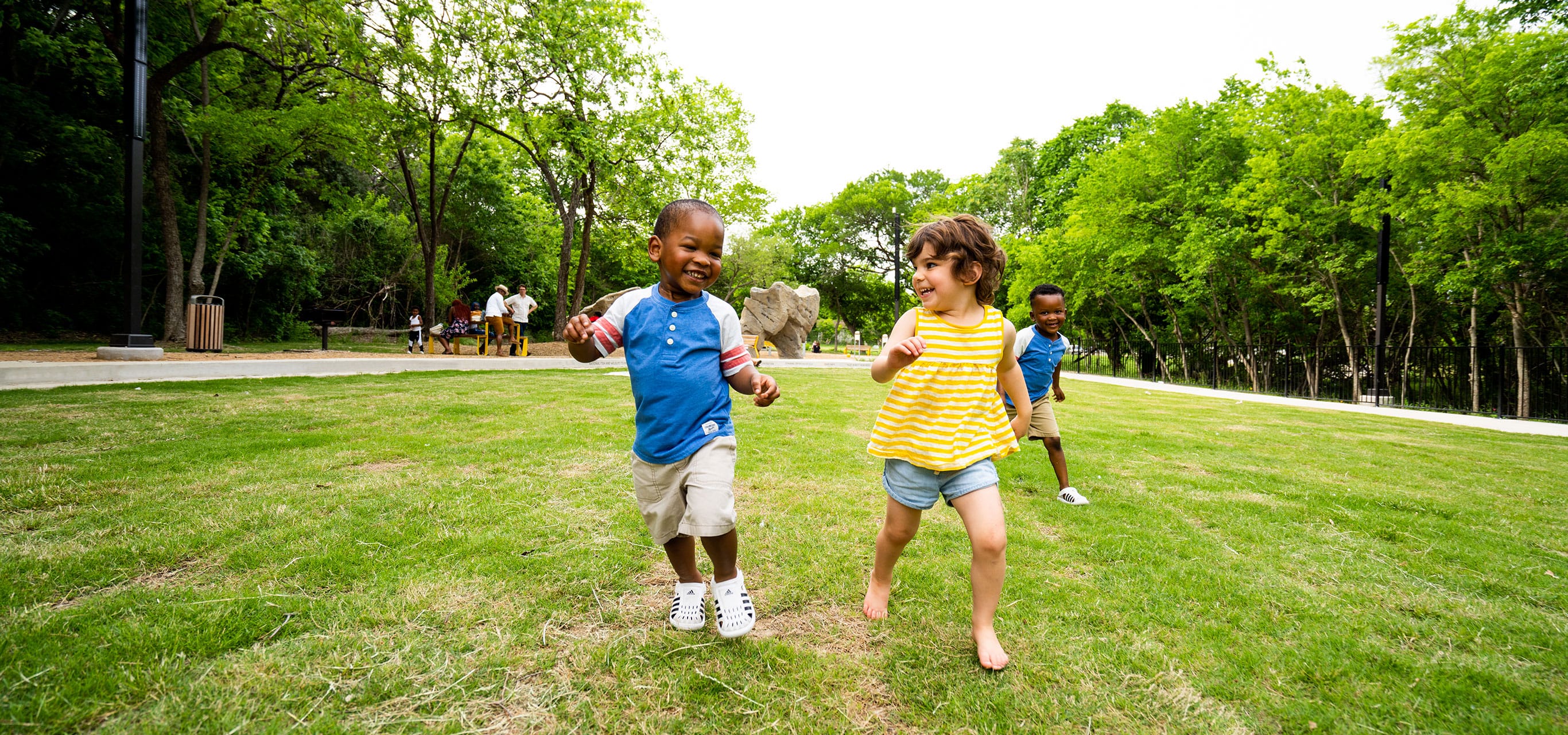
Five reasons to unite for parks
Five reasons to unite for parks
Parks are a community superpower. The outdoors connect people to nature and to one another, to our neighborhoods, and to the world. This fall, we’re celebrating all the ways parks unite us—and we invite YOU to be part of our mission to make sure everyone in America feels at home in the outdoors.
Here are just a few of the reasons we’re uniting for parks:
1. Parks help us stay active
Research shows that the more parks there are in a community, the more people exercise, people who live close to parks exercise more, and people who regularly use parks get more exercise than people who don’t. The takeaway? Building new parks—and improving existing ones—is a great way to keep people active.
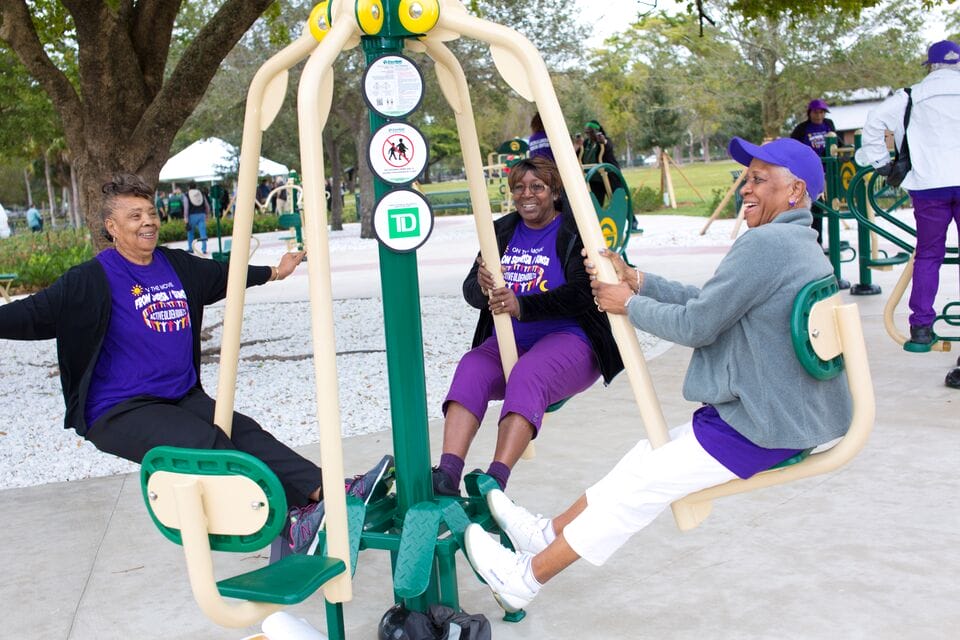 It’s one thing if your doctor tells you to spend more time at the gym. It’s another if you can’t afford a membership. Which is why, to date, we’ve created 111 Fitness Zone® exercise areas in city parks across the country. Photo credit: Allana Wesley White
It’s one thing if your doctor tells you to spend more time at the gym. It’s another if you can’t afford a membership. Which is why, to date, we’ve created 111 Fitness Zone® exercise areas in city parks across the country. Photo credit: Allana Wesley White
2. Parks benefit our mental health
People who live near parks report better mental health—even if they don’t actually go there. This may be particularly true for parks with lots of natural features, as studies show that nature can reduce stress and promote relaxation. Time spent in nature boosts focus and concentration in adults and children, and kids with attention deficit hyperactivity disorder (ADHD) experience milder symptoms when they play outside.
3. Parks protect us from severe weather
Climate change means higher sea levels and more powerful, more frequent storms. By 2100, FEMA estimates floodplains along our nation’s rivers will expand by 45 percent, and coastal floodplains by 55 percent. That’s why cities are turning to the power of nature to slow and absorb these rising waters.
4. Parks keep our neighborhoods cooler
On hot days, buildings and concrete absorb and intensify heat, meaning neighborhoods with less greenery heat up more than neighborhoods with plenty of shade trees and parks. In densely populated areas, the shade of a deep green park can be up to 17 degrees cooler than the surrounding neighborhood. You don’t even have to spend time in the park to reap its cooling benefits: in a report published last month, data scientists at The Trust for Public Land discovered that neighborhoods with a park nearby are up to 6 degrees cooler than those that don’t have a park within a half-mile.
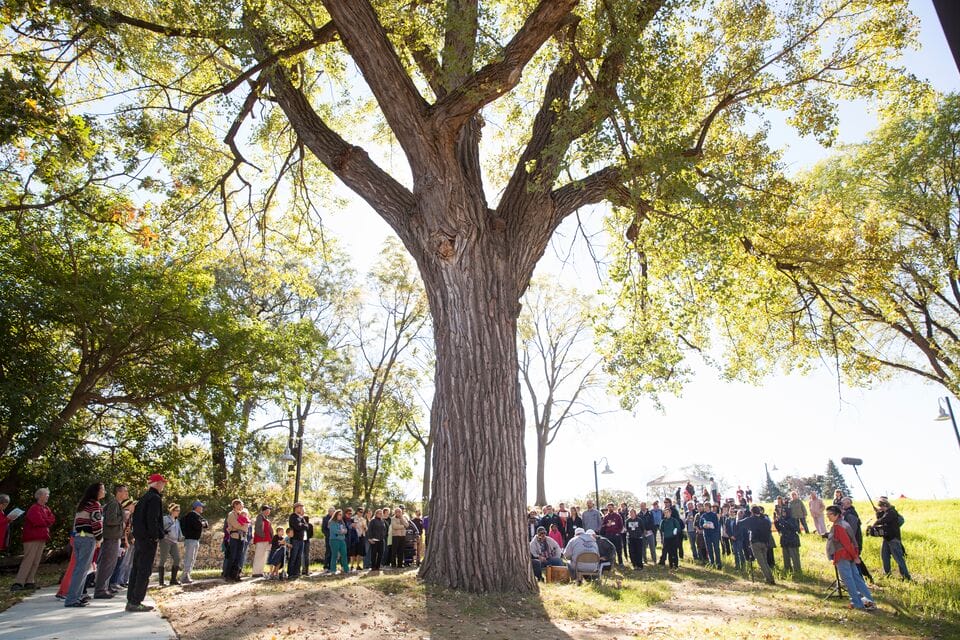 Grand Opening of Frogtown Park and Farm in Saint Paul MinnesotaPhoto Credit: Hunt + Capture Photography
Grand Opening of Frogtown Park and Farm in Saint Paul MinnesotaPhoto Credit: Hunt + Capture Photography
5. Parks are pandemic lifelines
When COVID-19 shrunk life down to a six-foot radius, the outdoors became an essential part of how we coped. They’ve always been our common ground, but during this public health emergency, parks and public lands are lifeline—for exercising and for visiting and relaxing with those we love … even at six feet apart.
But today 100 million people—including 28 million kids—don’t have a park within a 10-minute walk of home. The Trust for Public Land is working to change that, and we need your help.
Because great parks don’t just happen. They’re created when people stand up for what every community needs and deserves. And that’s where you come in: we need your support to keep working work alongside communities across the country to transform neglected spaces into shared community assets, and to expand access to national and state parks, forests, waterways, and trails that power local economies and preserve a healthy natural environment.
Visit tpl.org/parks-unite-us to learn more. Because parks unite us … and it’s on us to unite for parks.
Rising temperatures, bigger storms, and asphalt schoolyards pose significant risks during recess. Urge Congress to prioritize schoolyards that cool neighborhoods, manage stormwater, and provide opportunities for kids to connect with nature today!
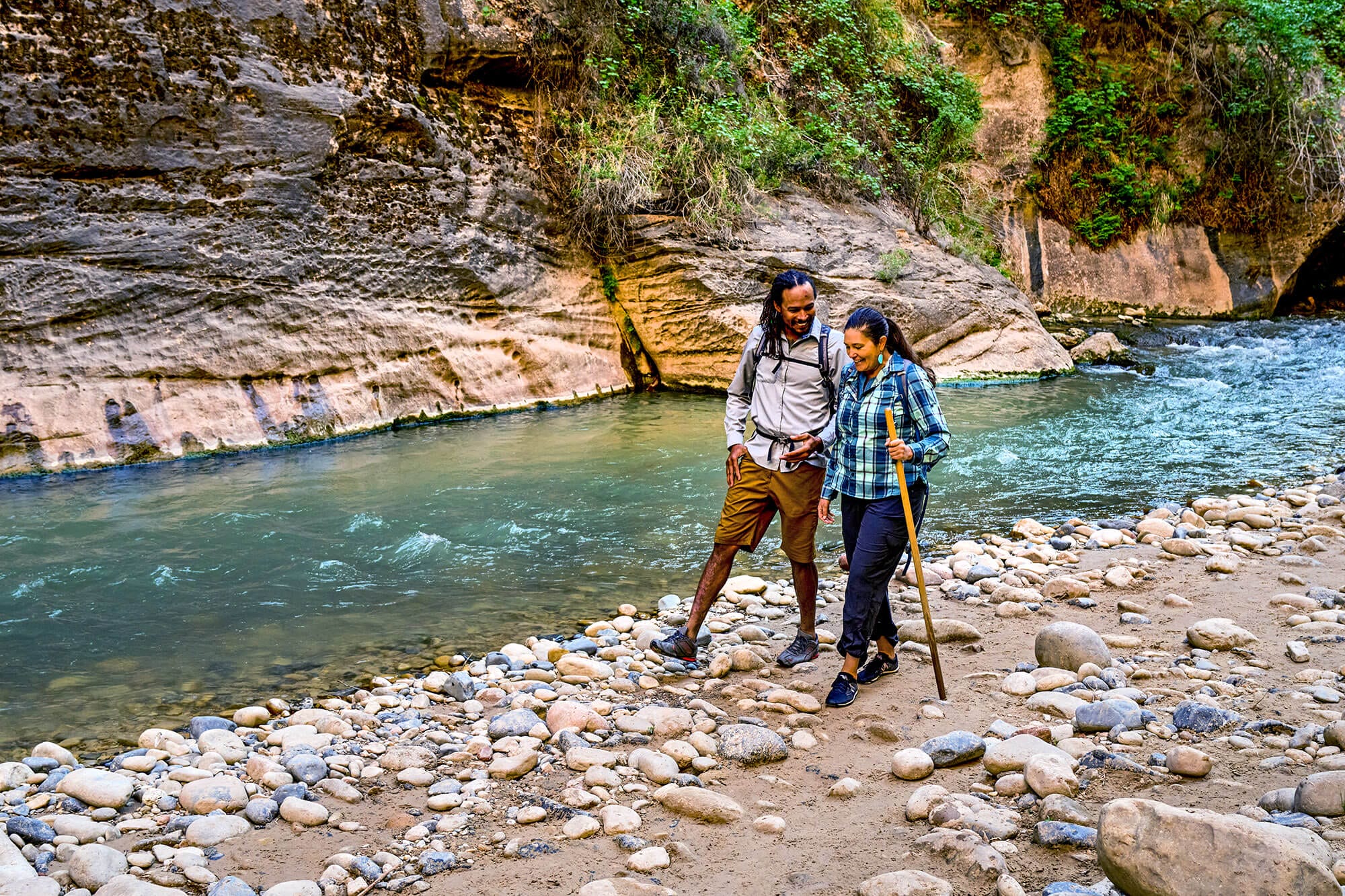
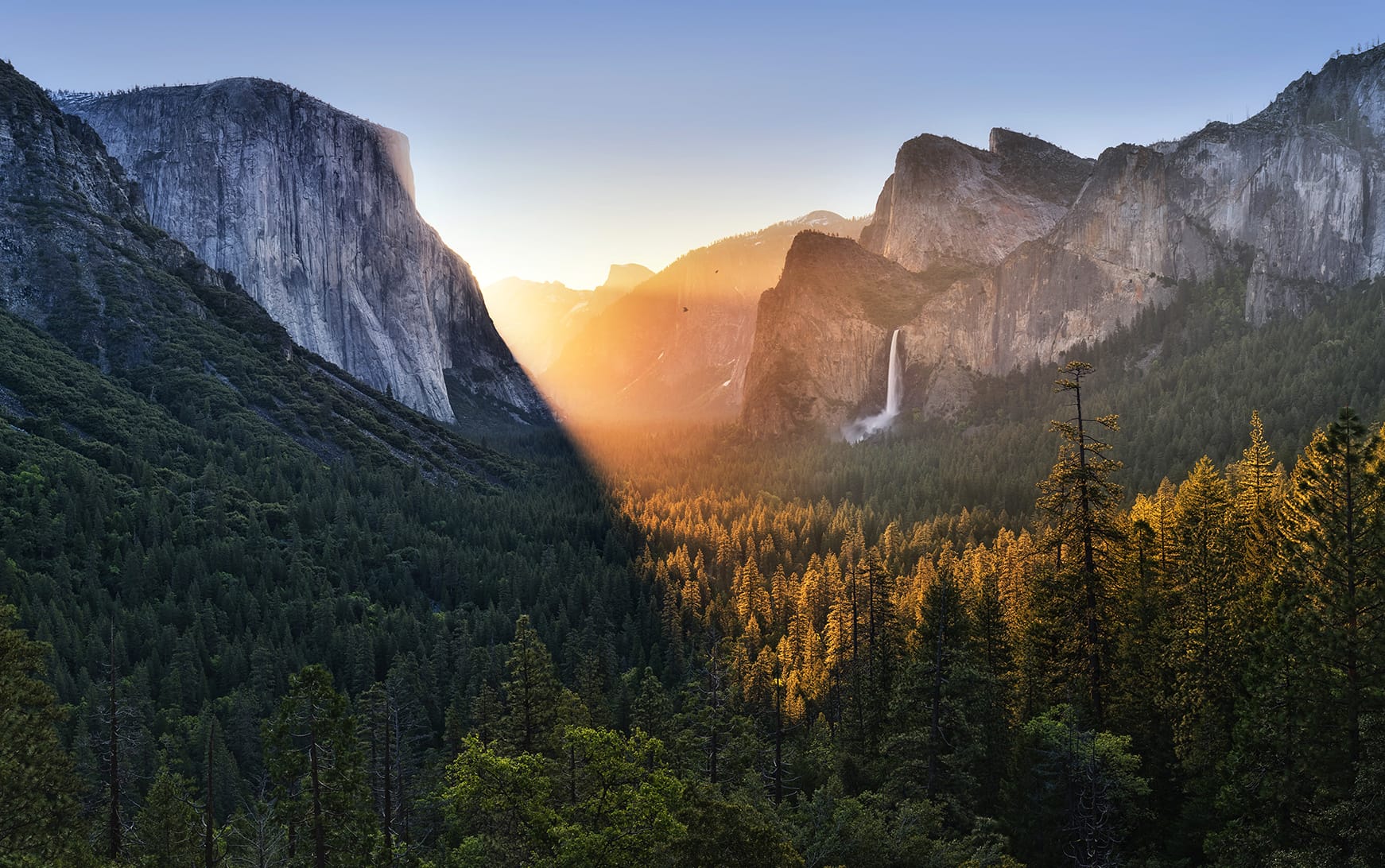
Donate to become a member, and you’ll receive a subscription to Land&People magazine, our biannual publication featuring exclusive, inspiring stories about our work connecting everyone to the outdoors.
See how our supporters are helping us connect people to the outdoors across the country.



